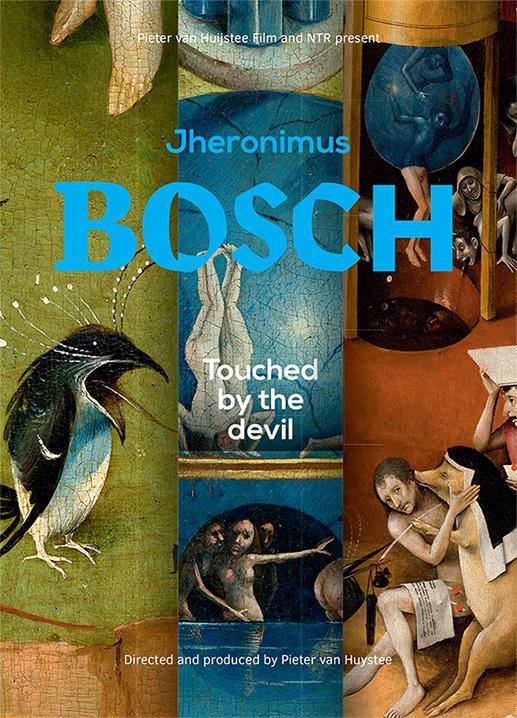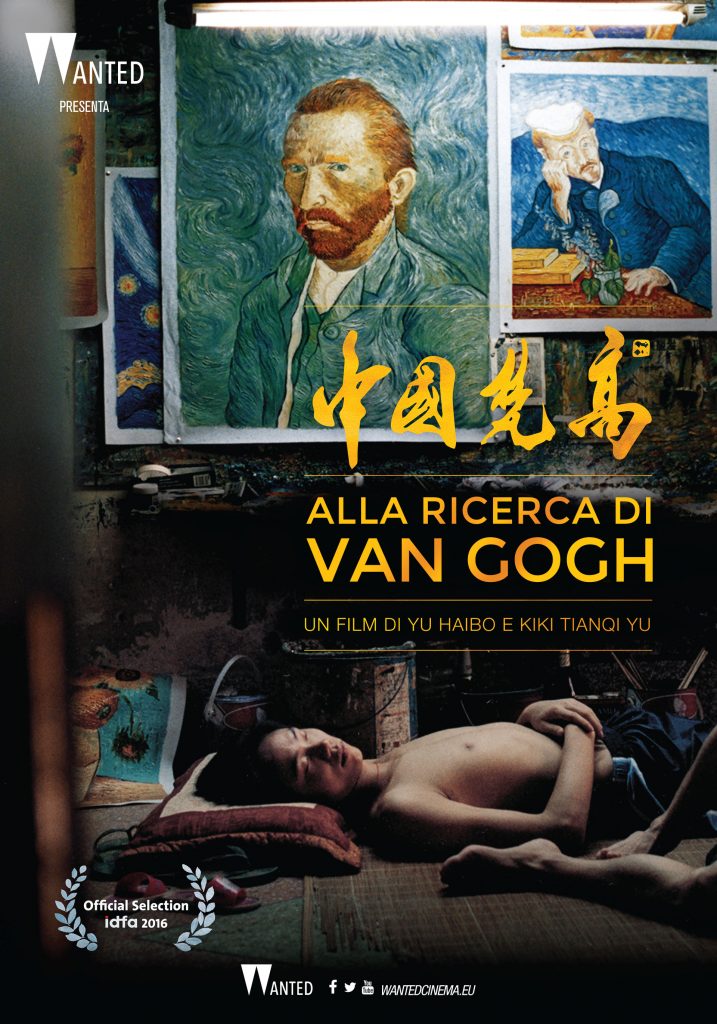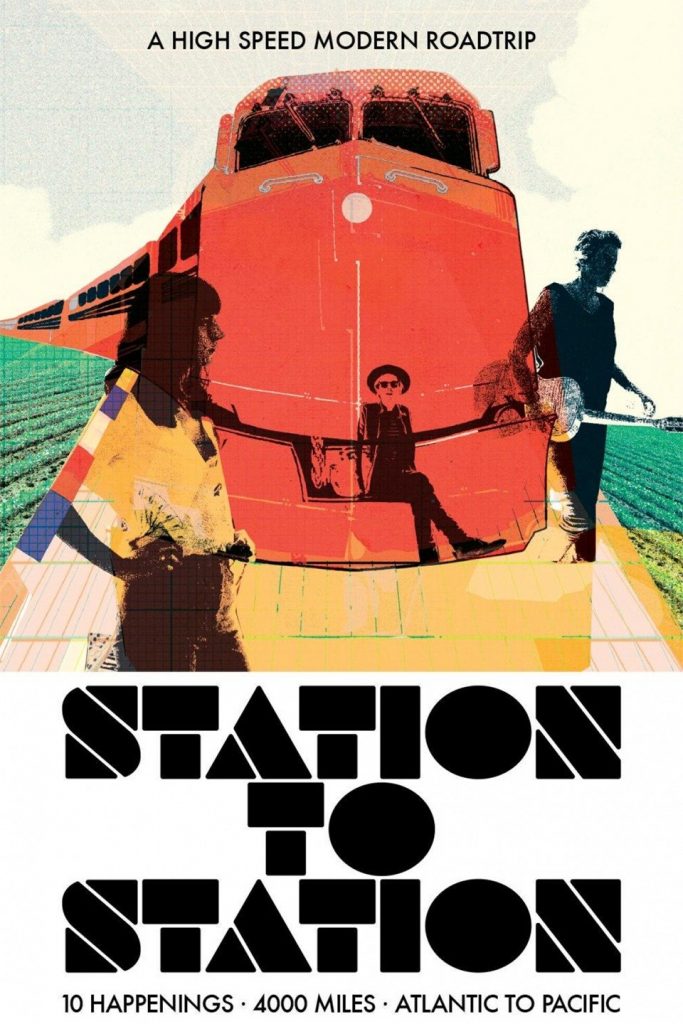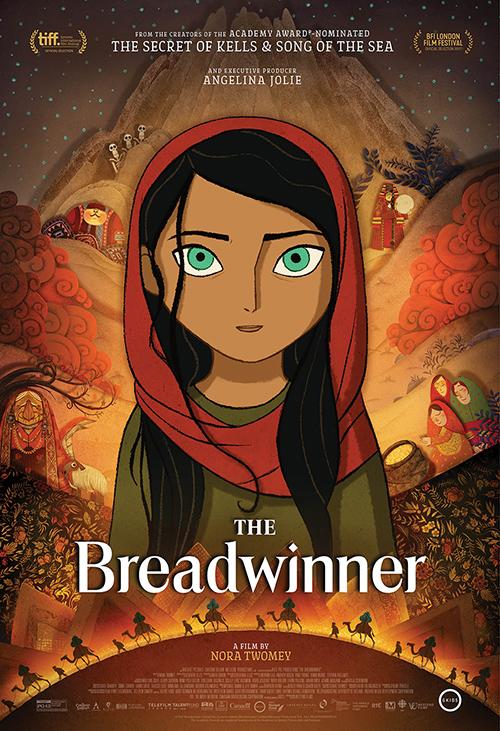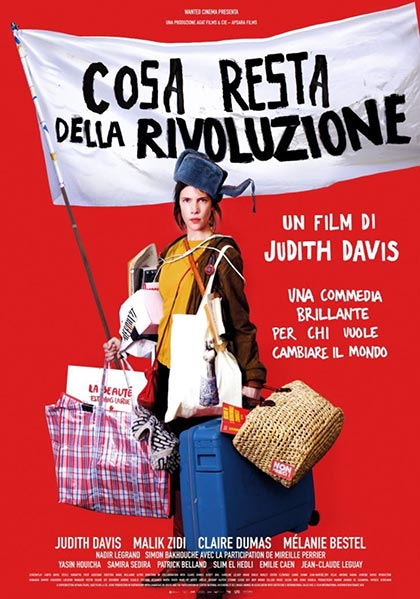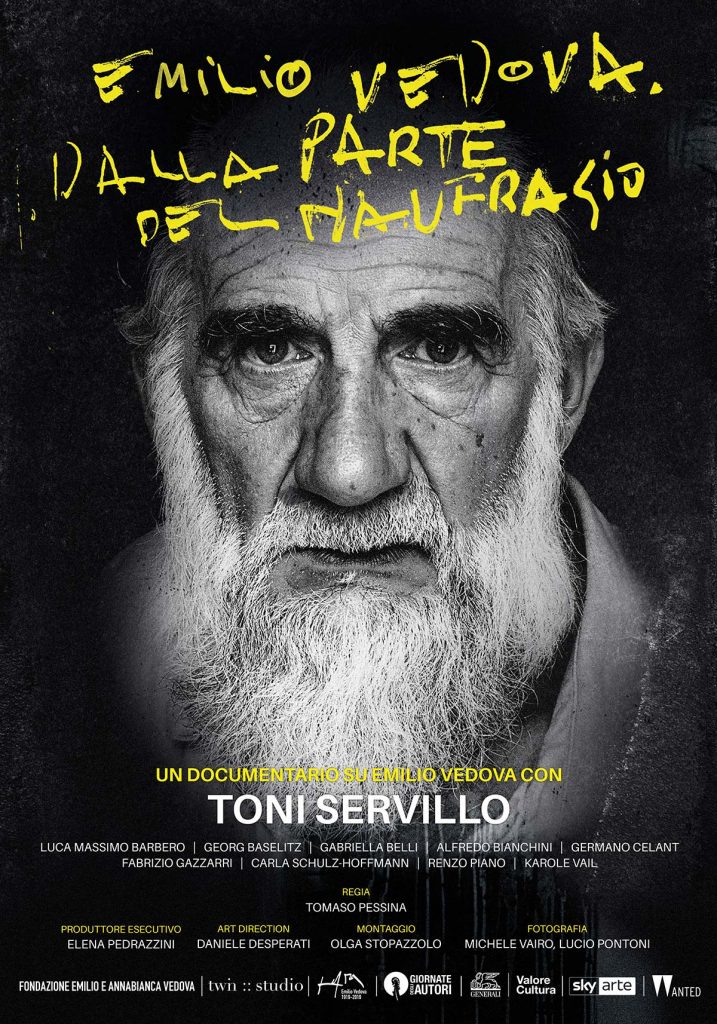In 2016, the Noordbrabants Museum in the Dutch city of Den Bosch held a special exhibition devoted to the work of Hieronymus Bosch, who died 500 years ago. This late-medieval artist lived his entire life in the city, causing uproar with his fantastical and utterly unique paintings in which hell and the devil always played a prominent role. In preparation for the exhibition, a team of Dutch art historians crisscrosses the globe to unravel the secrets of his art. They use special infrared cameras to examine the sketches beneath the paint, in the hope of discovering more about the artist’s intentions. They also attempt to establish which of the paintings can be attributed with certainty to Bosch himself, and which to his pupils or followers. The experts shuttle between Den Bosch, Madrid and Venice, cutting their way through the art world’s tangle of red tape, in a battle against the obstacle of countless egos and conflicting interests. Not every museum is prepared to allow access to their precious art works.
